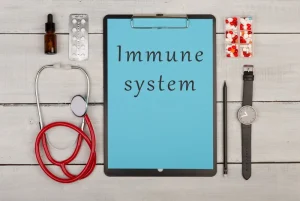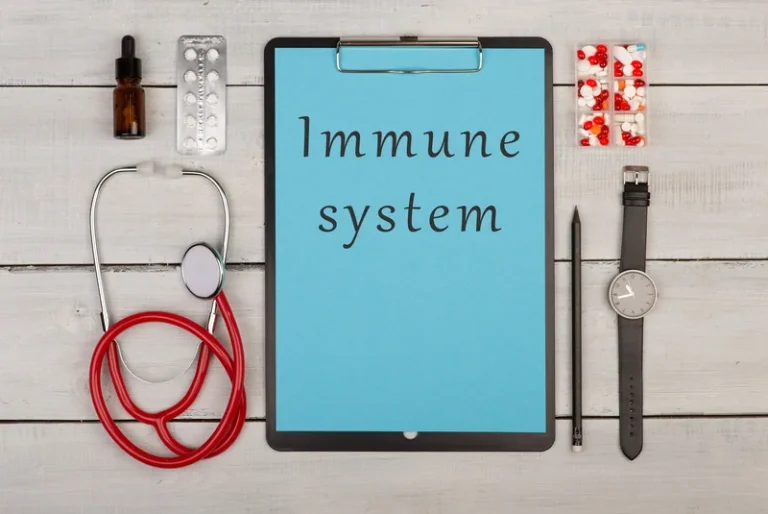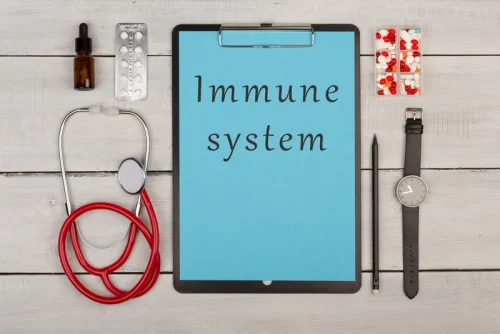
The more consequences of addiction that they experience, the more likely they are to acknowledge that they need help for drug abuse. It’s important to understand that denial is often used as a defense mechanism. Your loved one is not doing it on purpose, however, accepting the reality that they have an addiction is hard for them to cope with. That said, this refusal to acknowledge their addiction will make things worse in the long run. Start your journey today on the road to recovery by reaching out to our friendly addiction managers who will be able to tell you the best next https://ecosoberhouse.com/ steps in treating your addiction.
How is Alcoholism Treated?
It’s common for people to have a love-hate relationship with alcohol or drugs. They may be aware that how to help an alcoholic in denial their drinking is causing problems in their lives, but otherwise, they want to keep using it because it provides them with pleasure or relief from emotional pain. This duality can make it difficult for them to accept that there is a problem.
The Role of Denial in Alcohol Addiction

Now that you have recognised the importance of seeking support for yourself, it’s time to shift our focus towards helping your loved one take back control of their life. This can be an incredibly challenging task, as an alcoholic friend in denial will often resist any form of help or acknowledgement of their addiction. However, there are strategies and intervention techniques that can be effective in breaking through this barrier. Interventions may be necessary in some cases where the person is resistant to seeking help on their own.

Treatment for Alcoholism
Most people who choose to drink alcohol can do so without becoming addicted. For some, however, drinking can lead down a dangerous path to alcohol use disorder. Alcohol use vs. abuse is not a black or white issue—there are shades of gray.
Treating Addiction Since 1988

When an alcoholic is in denial about their condition, it can make the situation even more difficult to navigate. Denial is a common characteristic of alcoholism, and it can prevent individuals from seeking the help and support they need to overcome their addiction. No matter what stage someone struggling with alcoholism is at, it is important that they receive professional help as soon as possible. With the right combination of treatment options, professional guidance and support, an alcoholic in denial can begin to take steps towards recovery. For physical health problems, treatments may include medications, therapies, or other interventions that help to relieve pain or improve physical functioning. For mental health issues, treatments may include counseling, psychotherapy, or medication to help manage symptoms such as anxiety or depression.
Impact of Denial on the Alcoholic’s Loved Ones
Recognizing denial as the first step in addressing alcoholism is crucial. Only by acknowledging there’s an issue can someone begin taking steps toward recovery. Drug detox is the first component of overcoming substance use disorder and drug addiction. Our drug detox center in Charlotte, NC allows patients to purge their bodies of the toxins that have accumulated as a result of ongoing drug abuse. In order to ensure each individual’s safety and success during the withdrawal period, it is important that the detox process is monitored and treated in a medically supervised setting.

This barrier allows them to maintain their sense of control and avoid confronting the negative consequences of their drinking. It’s important to understand that this defence mechanism is not something they consciously choose, but rather a subconscious way for them to protect their self-image and emotional well-being. Resources for alcohol abuse include motivational books and workbooks that help people in recovery gain a better understanding of the disease they are battling.
– Encourage Them To Seek Treatment
Individuals in denial may justify their drinking by comparing themselves to others who they believe are worse off or have more severe drinking habits. They use this comparison as a way to downplay their own behavior and convince themselves that they don’t have a problem. When your loved one is in denial about their alcohol consumption, they may become defensive and protective of their behavior. They feel the need to justify and protect their actions as a personal choice or right. Many people in denial about their drinking may believe they don’t have a problem.
The longer they refuse to admit a problem, the more it is that they’ll keep drinking. While the denial is helpful in the short term, it can hinder long-term recovery. It prevents people from addressing and acknowledging the root of the problem.
- Even if you understand your drinking is harmful, your addiction may lead to you still having the physical consumption to drink alcohol.
- If you know someone in denial about their alcohol disorder, here are some tips on how to talk to them.
- For instance, they might say things like, “If my spouse didn’t nag me all the time, I wouldn’t need to drink,” or “It’s just because of the stress at work that I have to drink.”
- It may help to think about our lives not only from our own perspective but also from the perspectives of others we love or deeply admire.
- Some turn to alcohol to cope with trauma stemming from adverse childhood experiences such as abuse.

At the same time, it’s important not to drive someone into a corner with your line Sobriety of questioning. Highlight the physical, mental, and social health risks of alcohol abuse and focus on how they can make positive changes. Discuss the availability of support services such as clinics and counseling and emphasize that these are free or low-cost options.
